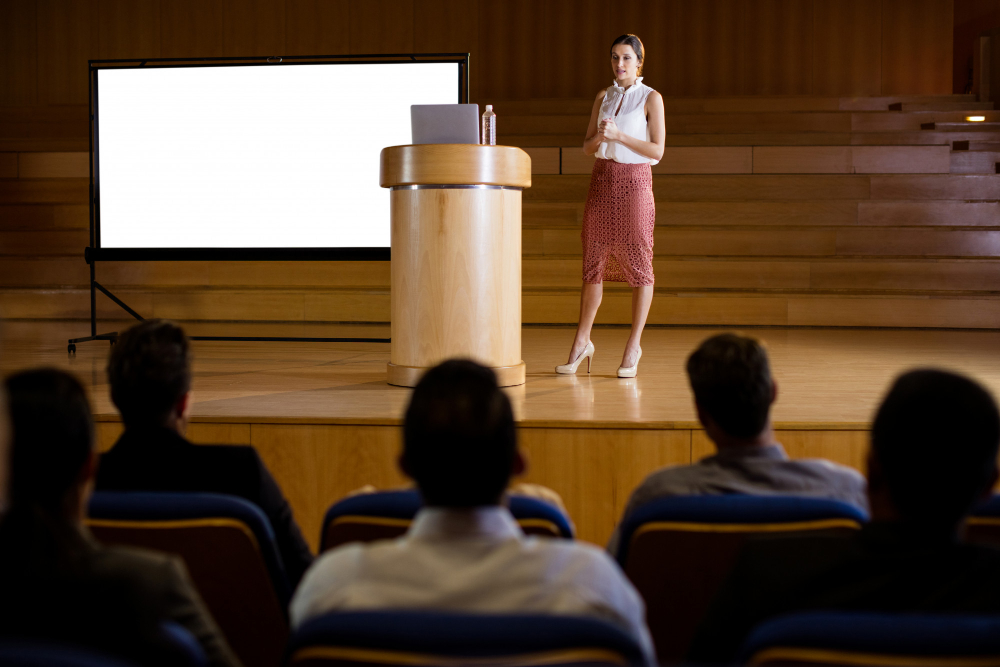Source: CEI
Association meetings have the ability to exchange knowledge not just among delegates, but also among local communities. According to Jane Vong, Senior Manager, Asia, for meetings industry advisors GainingEdge, groups travelling to a destination for association meetings should make use of their skills and knowledge by passing them down to local communities.
For instance, if thousands of experts have flown into a destination for a large cybersecurity event, they could go into schools to educate kids on being safe on the internet. These work especially well with meetings where objectives and goals are clear, and often point towards raising awareness within an industry.
“There’s a lot of opportunity for the local host to leverage groups while they’re there. These are the golden opportunities that are lost – and if you can do that, you enhance the impact even greater,” said Vong.
“It doesn’t cost a lot of effort or money. And it gives a big impact on the kids who receive this knowledge. These kind of programmes improve the organisation’s PR image, and they can use it as a management tool to inspire their staff.”
Vong cites another example of when GainingEdge conducted research around a Rehabilitation International congress in Edinburgh to promote disability issues. “The congress went to Edinburgh and the vision of this congress was to spread awareness about universal access. The local host wanted to make sure that by hosting this congress, it wasn’t just about the economic impact but it can also be a catalyst for change in the city,” said Vong.
In the lead-up to the event, the local hosts managed to introduce an accessibility audit for the city and learned about best practices around disability tourism. As a result of that, “the congress was successful, and everybody was happy”, according to Vong.
“The city became more ready to welcome people with disabilities. And at the same time, they discovered the potential of accessible tourism. For them, it wasn’t just about inclusivity, it was also a business opportunity,” she said.
Another benefit of meetings in a local city is the ability to reach out to local communities who may not be able to afford to fly out for international congresses. “If a conference goes to New York, for instance, how many people have the opportunity to go to New York? If a conference comes to a local city, the community can gain knowledge and professional development when the event comes,” said Vong.
“The second thing is when the conference comes to the city, the locals have the opportunity to showcase their expertise. They can be speakers, they can be moderators, they can be facilitators. Give them a chance to be on an international platform with their peers and show off what thay have. And that’s the power of conferences.”
Events don’t just have the benefit of thousands of experts flying into a city at once, it also has the unique ability to impact local communities long after the event has finished.
“After the group has left, there’s plenty you can do to leverage the fact that they came. How can you optimise it post-event? I don’t think there’s enough thought put into it,” said Vong.
“Using the Edinburgh example, after the event is done, they started a tourism action group to produce brochures about how to make the city more accessibly, and they used input from the experts who came. After the event, the legacy lives on.”
One challenge associations or local hosts may face is the lack of local knowledge or resources to customise programmes for local communities. To combat that, Vong says these should ideally be arranged pre-event with the local DMC or bureau, who will be able to direct associations to communities they can help.
